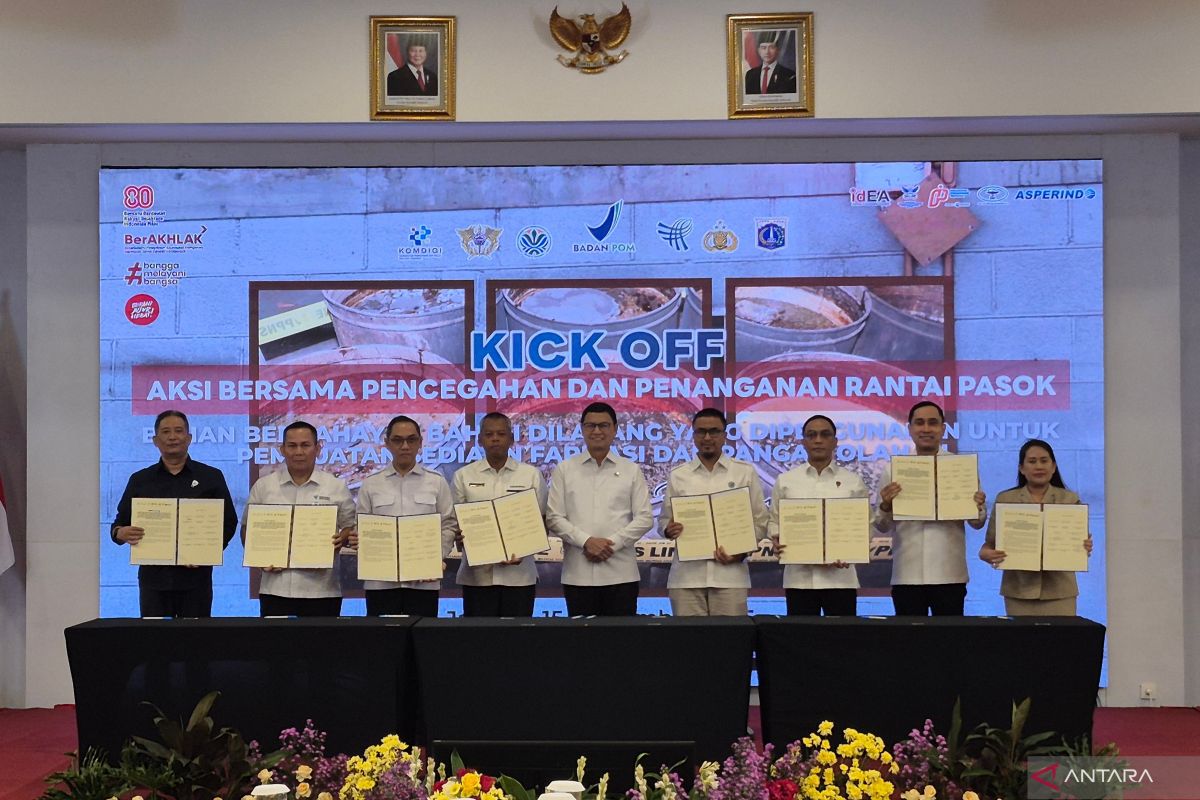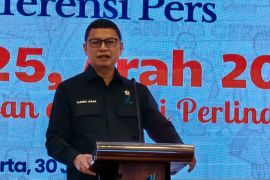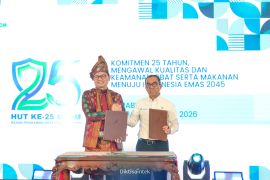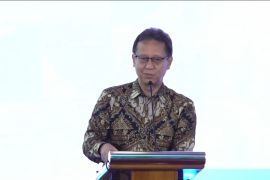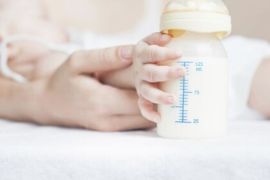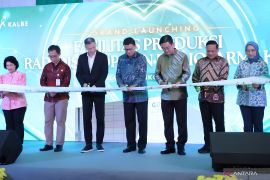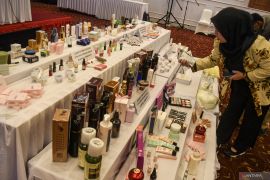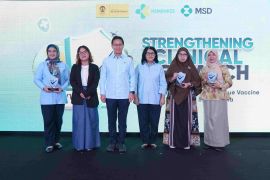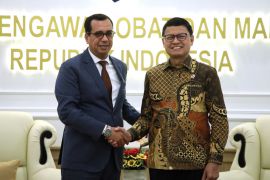“Our goal is to protect the public, to ensure their safety in terms of food, beverages, and medicines. Most importantly, we aim to protect lives,” BPOM Head Taruna Ikrar said here on Monday.
At the "Kick-Off of Joint Action on the Prevention and Handling of Hazardous Substance Supply Chains in Pharmaceuticals and Processed Foods," he explained that rapid advances in food and drug production technologies have created both opportunities and threats to health.
Some are misused to produce unsafe and even life-threatening products, he added.
He noted that current responses often focus only on downstream interventions.
To that end, he said that BPOM is shifting its focus to upstream intervention, with support from agencies such as the Ministry of Communication and Digital Affairs, Ministry of Trade, Ministry of Environment, Customs and Excise, the National Police, and regional governments.
The joint action aims to prevent the circulation of illegal raw materials before they reach the production stage.
BPOM has identified over 200 thousand online links selling illegal food and drug products. This reflects World Health Organization (WHO) data indicating that one in ten medical products in developing countries are falsified or substandard.
With Indonesia’s food and drug market projected to reach Rp4,674 trillion or around US$284.6 billion, contributing 8.7 percent to the national GDP in 2025, Ikrar expressed optimism that upstream prevention will significantly reduce food- and drug-related crimes and protect public safety.
Related news: Government-business synergy key to building strong food ecosystem
Related news: BPOM identifies 16 cosmetic products containing hazardous ingredients
Related news: BPOM bans 34 cosmetic products causing allergies, cancer
Translator: Sean, Kenzu
Editor: Azis Kurmala
Copyright © ANTARA 2025
